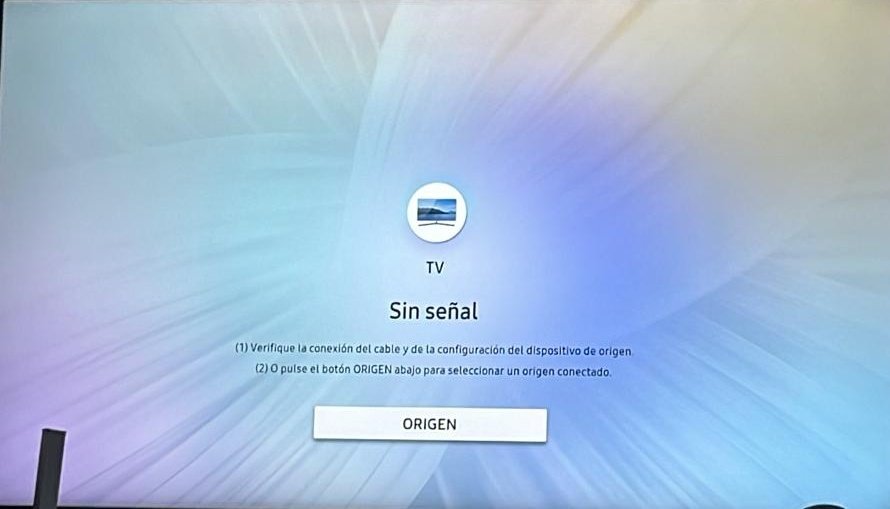The move followed similar reactions a month ago, when the Minister of Communications denounced La Voz de América and the Associated Press for allegedly taking Maduro’s words “out of context” to promote a climate of hatred and damage his reputation.
During his television program Con Maduro +, the president described the German channel as "Nazi" and claimed it is running a campaign against Venezuela, allegedly led by CNN and also followed by media outlets such as the Associated Press.
The National Union of Press Workers of Venezuela denounced the action Tuesday.
Minister of Communication Freddy Nanez accused Deutsche Welle of spreading hatred against the country following the media outlet's publication of the video addressing corruption in Venezuela, using data from Amnesty International and Insight Crime as sources.
"What else does DW do besides covering up the genocide in Gaza? Lying, defaming and spreading hatred against Venezuela. Their lies are disgusting, but the poverty of their contents is also pitiful. It is worth the complaint," the minister wrote in his X account.
Peter Limbourg, the chief executive officer of Deutsche Welle, denied the allegations and said, "We strongly urge the Venezuelan government to reinstate the distribution of DW TV's Spanish-language channel as soon as possible. The cancellation of DW's distribution is a severe attack on the freedom of the people in Venezuela to get independent information.”
This is the second time that the Venezuelan regime has taken Deutsche Welle off the air. In April 2019 it went dark as retaliation for its coverage of Venezuela's social, political and economic crisis, the Venezuelan National Union of Press Workers claimed.

